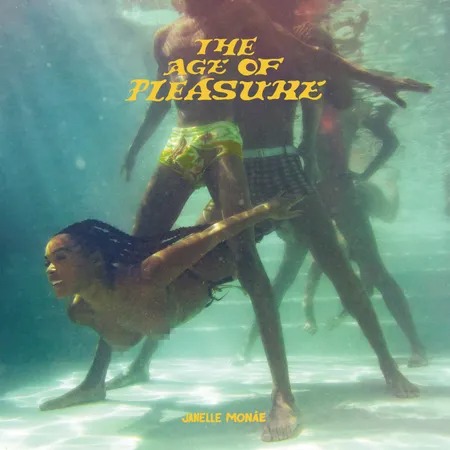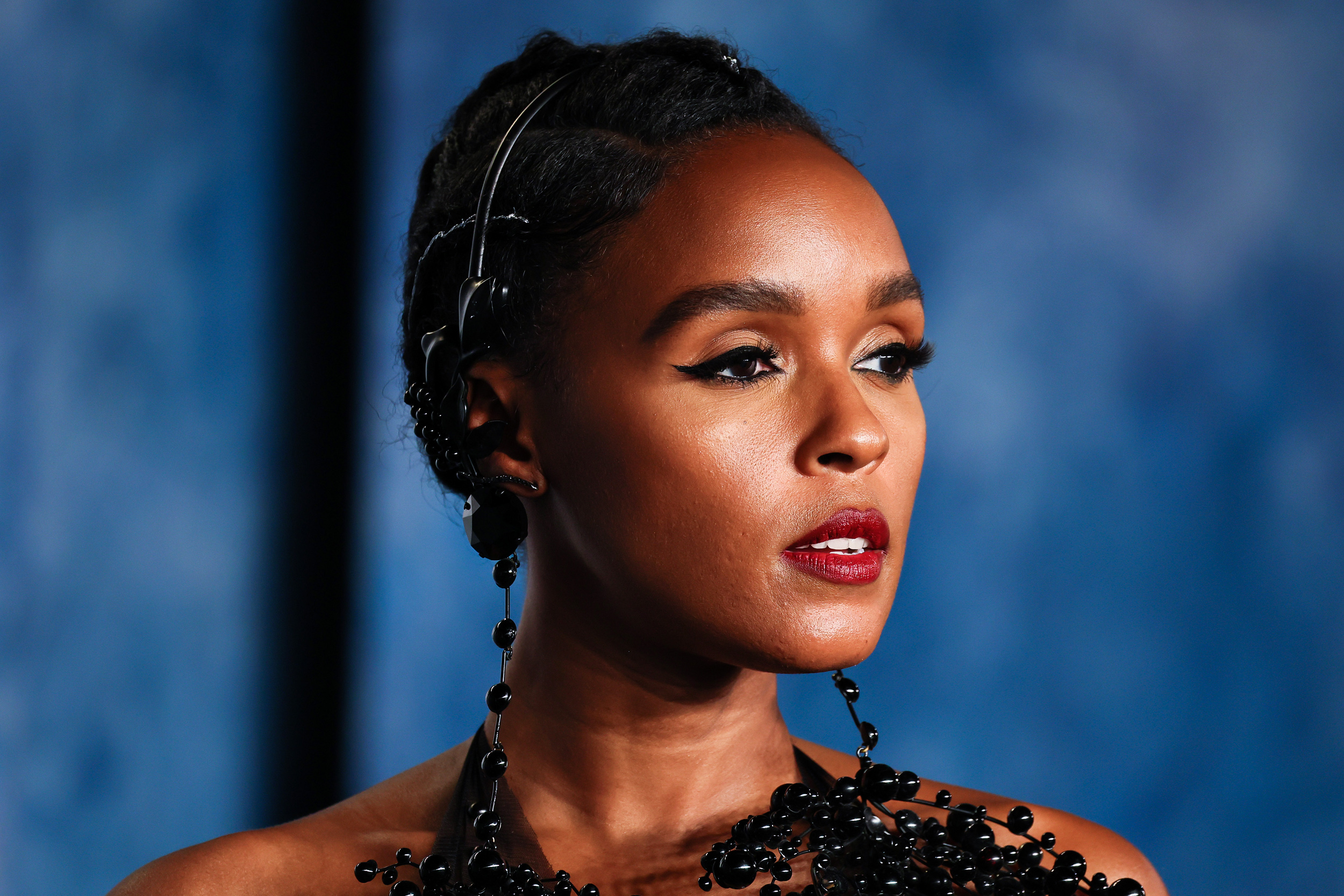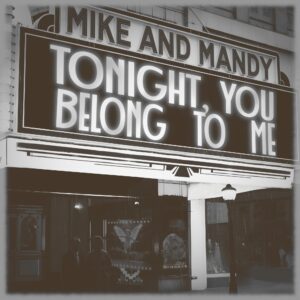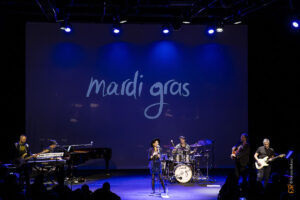JANELLE MONAE DELIVERS A SUMMER JAM OF SEXUAL LIBERATION ON ‘THE AGE OF PLEASURE’

The direction of Janelle Monáe’s latest album, The Age of Pleasure, shouldn’t have come as a surprise to anyone who has been following her career trajectory. Yes, Monáe didn’t expose much skin at the beginning of her career, but after the release of Dirty Computer, she started to become more open about her sexuality. She continued her interest in exploring various sorts of freedom against various artistic settings as she started to embrace herself through a more typically feminine lens.

The ArchAndroid and The Electric Lady both focused on a time-traveling android sent to a period when love and freedom were aggressively repressed by a secret society. Monáe carved out a place for herself as an artist who could persuade you to hit the dance floor while thinking about the subtext contained in each track, which was more of a social criticism than a call for sexual liberty. On Dirty Computer, she loosely followed the format of previous two albums, dedicating “Pynk” to coochie and daydreaming about being “Screwed” in numerous settings with Zo Kravitz.
With this change in focus, Monáe demonstrated that she was more than simply a hyper-conceptual musician who wanted to release music that people would think about for days on end—she was also a woman with needs and wants.
The Age of Pleasure has Monáe truly embracing her sexual emancipation after that album laid the groundwork for a deeper investigation of it. Monáe spends the entire thirty minutes thinking about herself, indulging in excessive amounts of champagne, and focusing on a potential lifelong love. She mostly abandons the depth that characterized her earlier works in favor of lighter, more sensual content that promotes self-acceptance and individual independence.

Monáe knows her level of self-awareness, much like her earlier albums. At the start of the project’s introduction, “Float,” while she acknowledges the changes she’s gone through, she celebrates her altered personality and appearance. The song’s boisterous horns and arrogant lyrics set off a pretentious party that continues on “Champagne Shit.” The songs lack content, but Monáe’s lighthearted performances and their bright production prevent them from being formulaic or dull.
The remaining songs on the album do little to divert attention from Monáe’s conceit, but it is clear from the way she approaches the project that she is confident in her ability to sell her sexuality in a moving way. While “Haute” uses its brief duration to remind Monáe of her beauty, the vocalist of “Phenomenal” declares her love for 1000 various forms of herself that she considers to be “fine as fuck” at the start of the song.
She won’t pass up the potential opportunity to have sex with herself if she could, as evidenced in the album’s song “Water Slide,” which is included further down. Despite the shallowness of all these songs, Monáe’s unique personality enables her to convey a naughty side of herself that she hasn’t quite fully explored in the past.

She never stops being a debauchee, especially on the highlight song “Lipstick Lover.” The sun-kissed, reggae-infused song describes all the various ways Monáe enjoys receiving love. Monáe knows what she wants from her partner, even if it’s only for a short period of time, thanks to rough play, sleazy flirtation, and campaigning for a homemade porno. The record was created for the summer and flows perfectly with the season. The Age of Pleasure builds momentum in the first few tracks before settling into a more tranquil middle section.
The song “Know Better” features percussion with an Afrobeats influence and a hook that exhorts her dance partner to take it easy and appreciate the finer things in life. Ckay does a good job of playing Monáe’s unidentified target, but it’s obvious that he’s not the main character.
The album’s final tracks have the summery atmosphere of the last days of August. Monáe dials the heat up for a sweet release on the jazzy “Only Have Eyes 42” despite the party’s volume dwindling, demonstrating that she still has it in her to settle down with her true mate despite her inability to resist everyone’s attention.
The song’s closer “A Dry Red” has the effect of Monáe having too many drinks and being ready to end her relationship with the partner she let into her life on the previous tune. It serves as a neutral capper to an album that perfectly captures a day in the life of a woman who continues to learn more about herself every day.
The Age of Pleasure feels more like a brief week of longing and sexual emancipation, the conclusion to a coming-of-age story, because it is filled with a number of tracks that are under two minutes in length and a few interludes.
It rarely has to, but it never investigates women’s sexual freedom as completely as an older version of herself could have. The CD serves as a reminder that even the most profound philosophers have a wild side, if nothing else.



